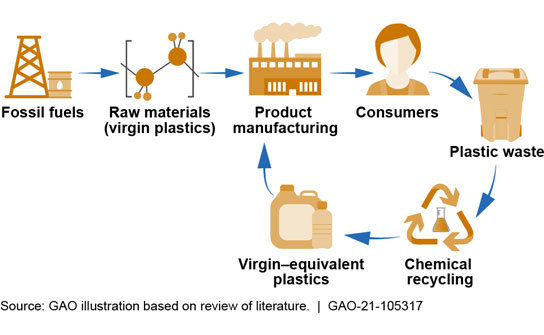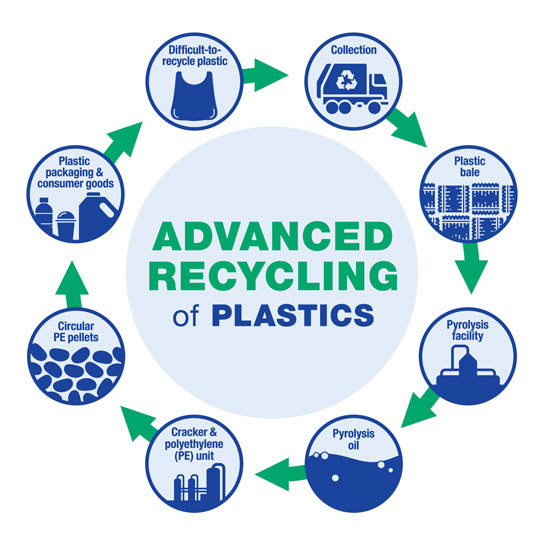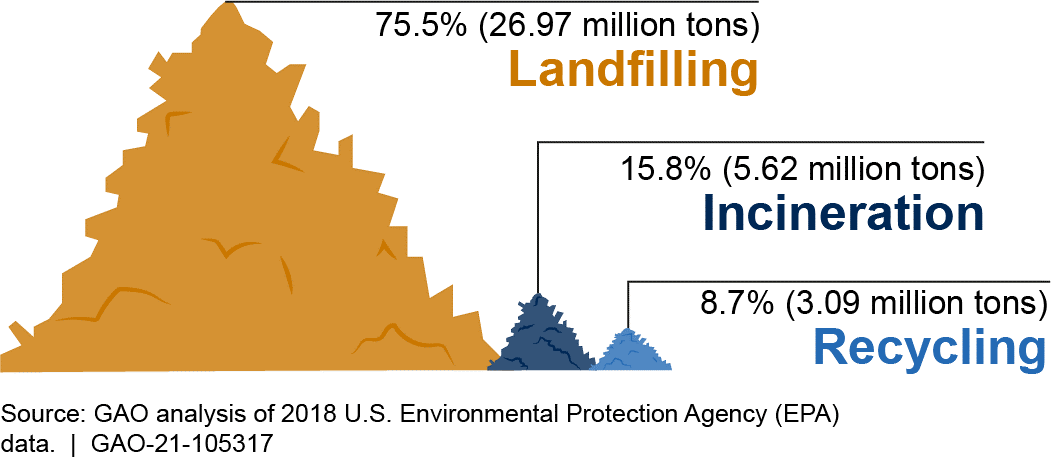 June-03-2023
June-03-2023
View: 24

Plastics are designed to break down naturally in the environment through biological processes, reducing their long-term impact...
The plastic recycling industry is constantly evolving with the development of new technologies that aim to enhance the efficiency and effectiveness of plastic recycling processes. One notable technology is chemical recycling, also known as feedstock recycling. This approach involves breaking down the polymers in plastic into smaller monomers through various chemical processes. By treating the plastic with suitable chemicals, the polymers can be transformed into their original building blocks, which can then be used to produce new plastic products. Chemical recycling offers a promising solution for plastics that are difficult to mechanically recycle, such as bioplastics, composite plastics, and polycarbonate.

Another emerging technology in the plastic recycling industry is advanced sorting and separation systems. These systems employ innovative techniques, such as optical sorting, near-infrared (NIR) sensors, and artificial intelligence, to accurately identify and separate different types of plastics based on their chemical composition or physical properties. This enables more efficient sorting and reduces contamination, resulting in higher-quality recycled plastics.
Moreover, advancements are being made in the field of biodegradable plastics. These plastics are designed to break down naturally in the environment through biological processes, reducing their long-term impact. Biodegradable plastics can be composted or undergo anaerobic digestion, turning them into valuable resources like soil amendment or biogas. Innovations in biodegradable plastics offer a sustainable alternative to traditional plastics and contribute to the circular economy.

Additionally, research is being conducted on the development of new recycling technologies, such as depolymerization and pyrolysis. Depolymerization involves breaking down plastic polymers into their constituent monomers or smaller molecules through various chemical reactions. Pyrolysis, on the other hand, involves heating plastic waste in the absence of oxygen to produce liquid or gaseous fuels, which can be used as energy sources or feedstock for the production of new plastics. These advanced recycling technologies have the potential to handle a wider range of plastic waste and increase the overall recycling rate.
In conclusion, the plastic recycling industry is embracing new technologies to improve the efficiency and effectiveness of plastic recycling processes. Chemical recycling, advanced sorting and separation systems, biodegradable plastics, and innovative recycling methods like depolymerization and pyrolysis are some of the key technologies being explored and implemented. These advancements offer promising solutions to the challenges of plastic waste and contribute to the transition towards a more sustainable and circular economy.